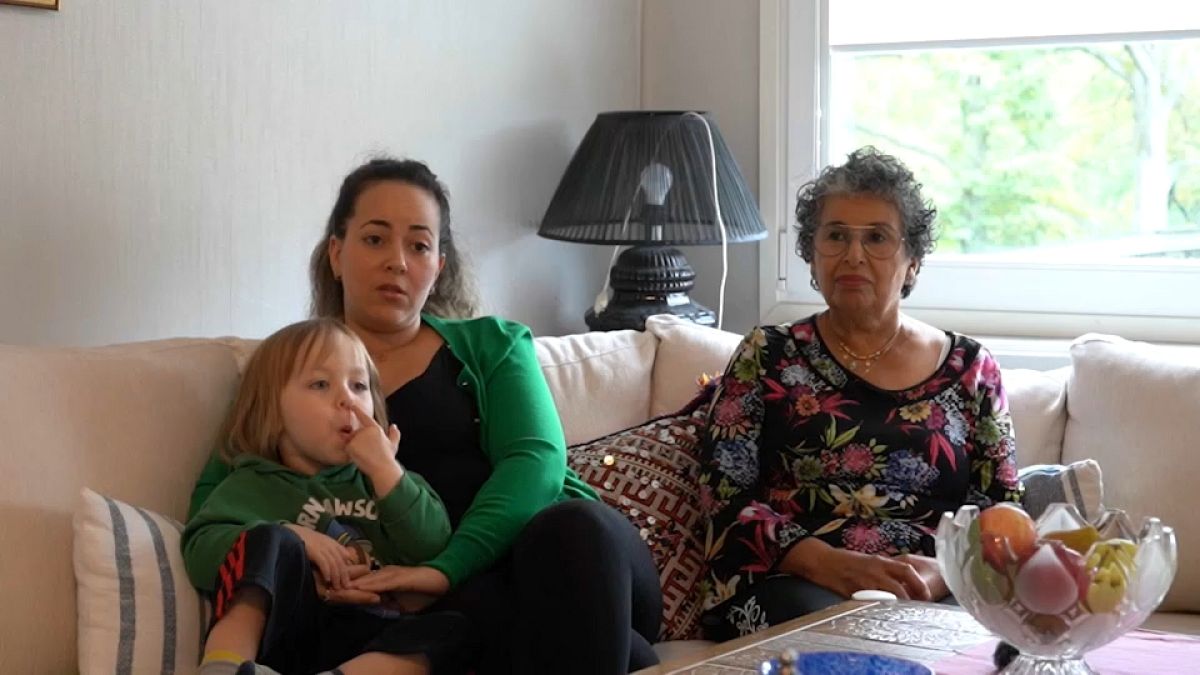Sweden, known for its progressive and pioneering policy-making, has once again introduced a revolutionary reform around family and childcare. The country, becoming the first in 1974 to grant fathers the benefit of paid parental leave, has now extended this to other members of society who aren’t legal guardians. This includes grandparents and friends, allowing greater flexibility for families and promoting the balance between work and life.
The reform was enacted on July 1, allowing families to transfer up to 45 days of their paid parental leave to someone who isn’t the child’s legal guardian. Single parents have the ability to transfer up to 90 days per child, from the total 480 days of paid leave. This initiative aims to provide greater opportunities to single guardians and diverse family types, further promoting gender equality.
This new law brings an added element of flexibility for parents, enabling them to balance their career and familial responsibilities more effectively. It also means that retirees can now take parental leave. The compensation they receive will be calculated based on their pension. The recipient of the parental allowance cannot be actively job-seeking or studying during their period of leave.
One of the first beneficiaries of this new law is Maria Karlsson, a working single parent living in Stockholm with her three-year-old son, Liam. Karlsson has been receiving significant support from her mother since Liam was born—helping her two days a week and picking Liam up from preschool. This allows Karlsson to dedicate a little more time to work, and she has already transferred several parental leave days to her mother, Zhor.
Zhor Karlsson, who formerly worked for the Swedish Social Insurance Agency and has since retired, regards the new scheme as a positive development for everyone. She noted that the parental allowance would prove particularly useful when she needed to take care of her grandson for an entire week when he fell sick.
The parental allowance application process can be initiated by the recipient who is taking care of the child after the days have been transferred. Karlsson transferred about ten days of parental entitlement to her mother through the agency’s website in August. She said that these days would come in handy if her mother needed to stay home with Liam someday or if he became ill and his grandmother covered the caring responsibilities for the day.
However, this reform did not come without criticism. When the proposal was introduced in September 2023, several labor organizations criticized it for potentially creating a ‘nanny system’, wherein childcare could be outsourced to relatives or professional caregivers. Anna Tenje, Minister for Older People and Social Security, emphasized that this risk was minimal. She added that the real objective of the policy was allowing parents to balance professional and family life effectively, giving them the freedom to make what they thought was best for their children.
By the end of August, 1,456 people in Sweden had taken advantage of the new policy. They had transferred their parental leave days to someone who wasn’t the other guardian. In a country that is always at its vanguard in delivering progressive policies, this tendency towards inclusive, flexible childcare arrangements is yet another sign of Sweden’s exemplary commitment to gender diversity and equality in the society.



